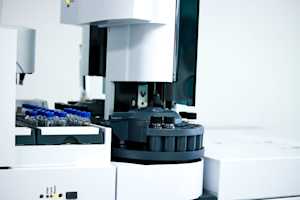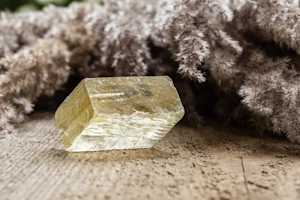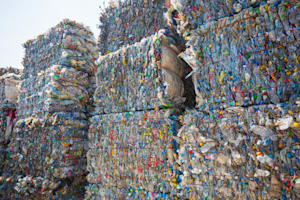Joshua Reeder
MSc in Water Technology
Environment & Industry

Joshua Reeder is a chemical analysis expert at Measurlabs’ chemicals & environment team. He has previously worked as a process engineer in the food industry and as a corrosion control system subject matter expert in the defense industry.
Joshua has an MSc in water technology from LUT University. His master’s thesis focused on the anti-microbial properties of plant extracts. During his studies, Joshua gained practical knowledge of a variety of analytic techniques, including ICP, FTIR, GC, HPLC, and disc diffusion testing.
Joshua’s latest articles in our blog
GC-MS vs LC-MS and beyond: a guide to chromatography technique selection
GC-MS, LC-MS, and other chromatography techniques are used for different types of analytes and matrices. Read our expert guide to method selection.
Keep reading >
Overview of stable isotope analysis applications in research and industry
Some of the most popular applications include geological, ecological, and archaeological research, as well as verification of food and textile origin.
Keep reading >
Solid recovered fuel analysis to ensure consistent fuel quality
Solid recovered fuel (SRF) is more variable than traditional fossil fuels, requiring thorough chemical and physical characterization to ensure high quality.
Keep reading >
